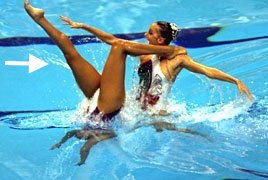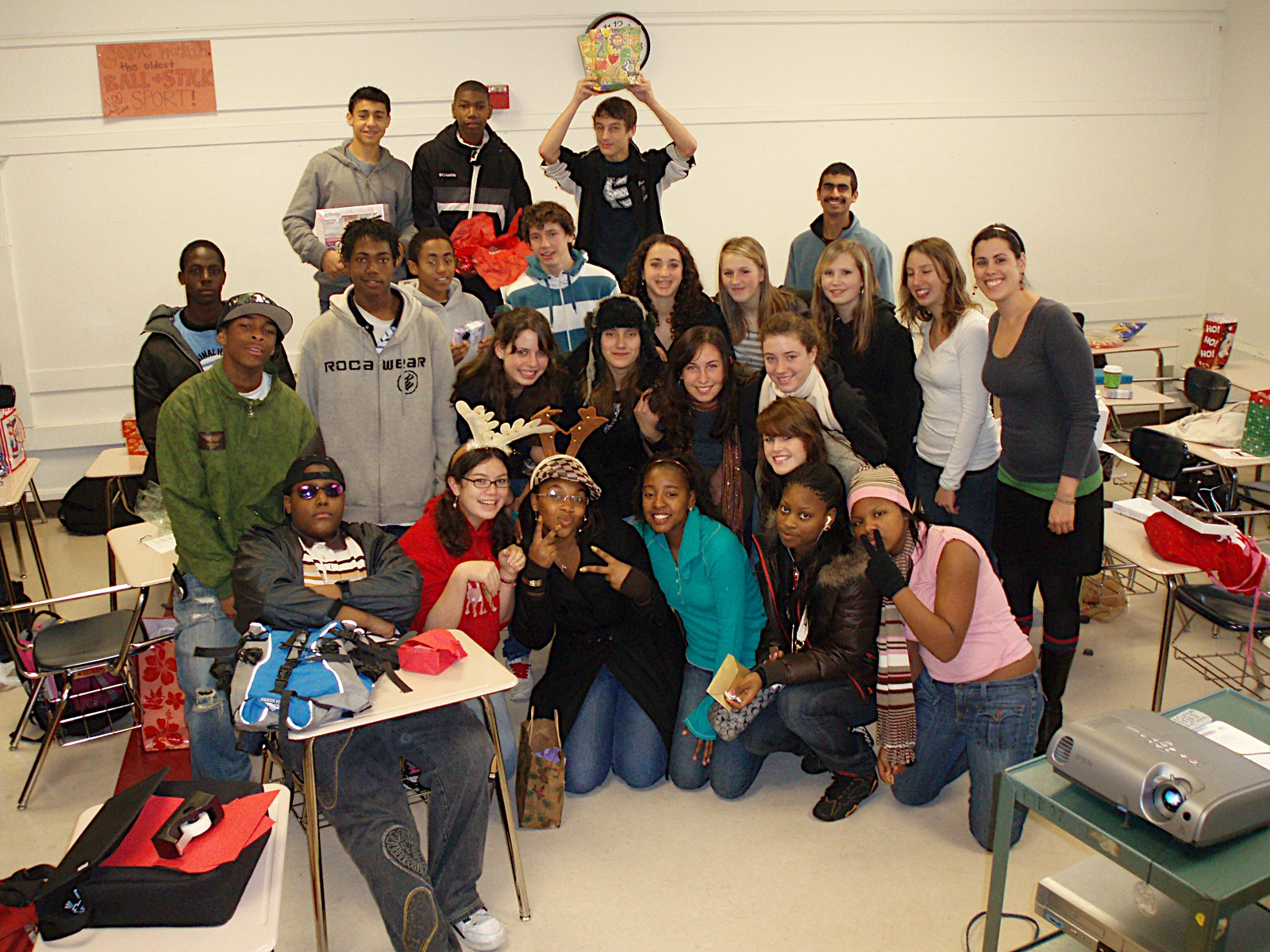Rebecca Martin

I am a psychologist and neuroscientist based in New York City with expertise in social psychology, child development, behavioral science, and cognitive and affective neuroscience. My skills include quantitative and qualitative analysis, science communication, collaborating effectively across teams and stakeholders, and adapting quickly and acquiring knowledge in new research areas.
Currently, I am a research director in the Falk Lab for Communication Neuroscience at the Annenberg School of Communication at the University of Pennsylvania. Here I lead a project investigating how health and climate change messaging go viral at the neural and behavioral levels. I am also a collaborator on Mindhive, an online citizen science platform and high school curriculum aimed at creating more authentic science learning experiences in classrooms, and building scientist-practitioner partnerships.
In my postdoc at the Hartley Lab at NYU, I used computational modeling to assess changes in learning and exploration in children, adolescents and adults. I received my Ph.D. at Columbia where I worked in Kevin Ochsner’s Social and Affective Neuroscience Lab using behavioral and neuroimaging methods to better understand how social influence and brain development shape emotional reactions.
Prior to pursuing a Ph.D., I earned a master's degree in Mind, Brain, and Education from Harvard Graduate School of Education, a master's in Teaching from UC Santa Cruz, and a bachelor’s degree in history from New York University. Before I did brain research, I taught history at Berkeley High School, interned at Saturday Night Live, and was on the United States National Team for synchronized swimming.
Outside of work I am a mom to a toddler so I spend a lot of time playing with toy cars, visiting playgrounds, and reading children’s books. When I am not momming, I like to cook, read fiction, explore the city, and hike.
Publications
- Nussenbaum, K., Martin, R. E., Maulhardt, S., Yang, Y. (Jen), Bizzell-Hatcher, G., Bhatt, N., Scheuplein, M., Rosenbaum, G., O’Doherty, J. P., Cockburn, J., & Hartley, C. (2022). Novelty and uncertainty differentially drive exploration across development. PsyArXiv. https://doi.org/10.31234/osf.io/pkn7j
- Matuk, C., Martin, R., Vasudevan, V., Burgas, K., Chaloner, K., Davidesco, I., Sadhukha, S., Shevchenko, Y., Bumbacher, E., & Dikker, S. (2021). Students Learning About Science by Investigating an Unfolding Pandemic. AERA Open, 7, 23328584211054850. https://doi.org/10.1177/23328584211054850
- Martin, R.E., Silvers, J.A., Hardi, F., Stephano, T., Helion, C., Insel, K., Franz, P.J., Ninova, E., Lander, J.P., Weber, J., Mischel, W., Casey, B.J., & Ochsner, K.N. (2019). Longitudinal structural changes in appetitive reactivity and regulation across development. Developmental Cognitive Neuroscience, 38, 100675. https://doi.org/10.1016/j.dcn.2019.100675
- Martin, R.E., Villanueva, Y., Stephano, T., Franz, P.J., & Ochsner, K.N. (2018). Social influence on food preference in adolescence and young adulthood. Journal of Experimental Psychology: General. 147(10), 1521–1530. https://doi.org/10.1037/xge0000469
- Silvers, J. A., Insel, C., Powers, A., Franz, P., Helion, C., Martin, R., Weber, J., Casey, B.J., Mischel, W., & Ochsner, K.N. (2016). The transition from childhood to adolescence is marked by a general decrease in amygdala reactivity and an affect-specific ventral-to-dorsal shift in medial prefrontal recruitment. Developmental Cognitive Neuroscience. http://doi.org/10.1016/j.dcn.2016.06.005
- Martin, R.E., & Ochsner, K.N. (2016). The neuroscience of emotion regulation development: implications for education. Current Opinion in Behavioral Sciences. 10, 142–148. http://doi.org/10.1016/j.cobeha.2016.06.006
- Silvers, J.A., Insel, C., Powers, A., Franz, P., Helion, C., Martin, R.E., Weber, J., Casey, B.J., Mischel, W., & Ochsner, K.N. (2016). vlPFC-vmPFC-amygdala interactions underlie age-related differences in cognitive regulation of emotion. Cerebral Cortex.
- West, M. R., Kraft, M. A., Finn, A. S., Martin, R. E., Duckworth, A. L., Gabrieli, C. F. O., & Gabrieli, J. D. E. (2015). Promise and paradox: measuring students’ non-cognitive skills and the impact of schooling. Educational Evaluation and Policy Analysis, 0162373715597298. http://doi.org/10.3102/0162373715597298
- Saygin, Z. M., Osher, D. E., Koldewyn, K., Martin, R. E., Finn, A., Saxe, R., Gabrieli, J. D. E., & Sheridan, M. (2015). Structural connectivity of the developing human amygdala. PLoS ONE, 10(4), e0125170. http://doi.org/10.1371/journal.pone.0125170
- Finn, A. S., Kraft, M. A., West, M. R., Leonard, J. A., Bish, C. E., Martin, R. E., Duckworth, A. L., Gabrieli, C. F. O., & Gabrieli, J. D. E. (2014). Cognitive skills, student achievement tests, and schools. Psychological Science, 25(3), 736–744. http://doi.org/10.1177/0956797613516008
- Sheridan, M., Kharitonova, M., Martin, R. E., Chatterjee, A., & Gabrieli, J. D. E. (2014). Neural substrates of the development of cognitive control in children ages 5–10 Years. Journal of Cognitive Neuroscience, 1–11. http://doi.org/10.1162/jocn_a_00597
- Kharitonova, M., Martin, R. E., Gabrieli, J. D. E., & Sheridan, M. A. (2013). Cortical gray-matter thinning is associated with age-related improvements on executive function tasks. Developmental Cognitive Neuroscience, 6, 61–71. http://doi.org/10.1016/j.dcn.2013.07.002
- Martin, R. E., & Groff, J. S. (2011). Collaborations in mind, brain, and education: an analysis of researcher–practitioner partnerships in three elementary school intervention studies. Mind, Brain, and Education, 5(3), 115–120. http://doi.org/10.1111/j.1751-228X.2011.01119





